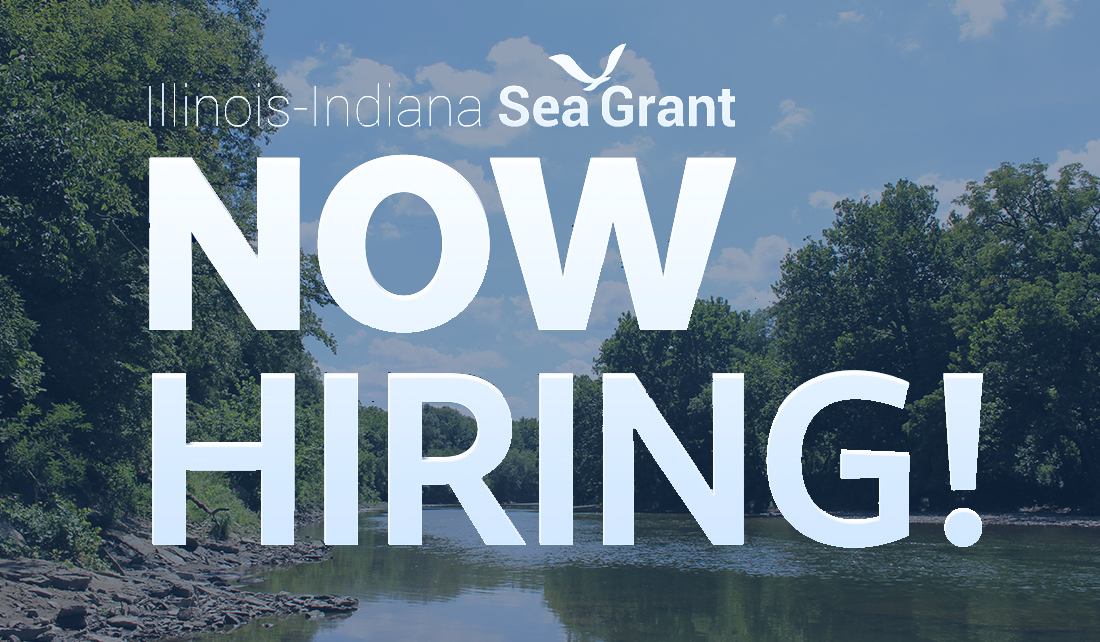
Illinois-Indiana Sea Grant (IISG) and Purdue’s Department of Forestry and Natural Resources are seeking a coastal resilience specialist. In this role, you will develop a program that includes technical guidance, extension and applied research related to physical coastal resilience along the southern Lake Michigan shoreline.
Responsibilities will include:
- Providing technical assistance and consultation for coastal communities related to coastal resilience and engineering projects, with a focus on human safety, infrastructure protection, erosion prevention and ecological benefits.
- Conducting applied research to inform extension work, focused on coastal resilience and engineering projects.
- Sharing outreach and research information through appropriate media and through presentations, reports and peer-reviewed publications.
- Collaborating with state and federal agencies, non-government organizations, university researchers and Sea Grant/Extension professionals.
- Seeking external funding to grow and support the work.
A Master’s degree is required in coastal processes, earth sciences, environmental sciences, engineering (coastal, civil, environmental), or a related field. Plus, four years of experience with coastal resilience extension, engineering, research and/or technical support is required.
To learn more about the position’s responsibilities and qualifications, visit the job posting on the Purdue University Job Board. Applications are due by November 30, 2023 or until the position is filled. For questions about the position, contact Tomas Höök, IISG director at thook@purdue.edu.
Purdue University is an equal access/equal opportunity university. We strongly encourage women, minorities, and people from traditionally underrepresented groups to apply. For more on Illinois-Indiana Sea Grant’s commitment to inclusion, please see our values statement on our website.

